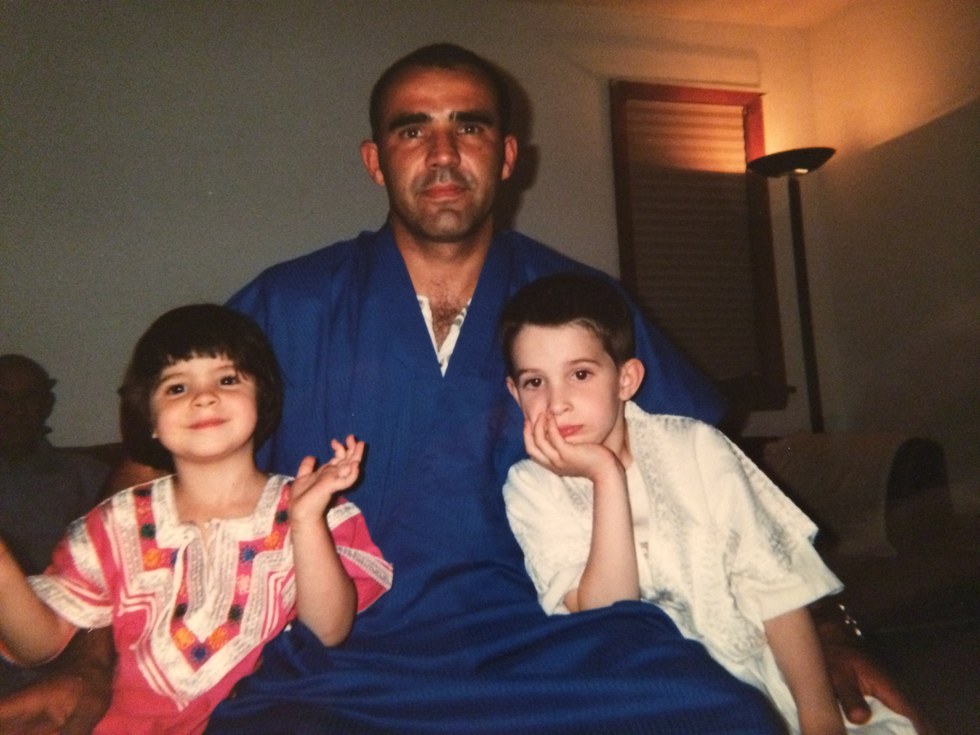Black AchillesPosted in Articles, Europe, History, Literary/Artistic Criticism, Media Archive on 2019-06-01 23:57Z by Steven |
Aeon
2018-05-09
Tim Whitmarsh, A.G. Leventis Professor of Greek Culture
University of Cambridge
 Achilles slaying Penthesilea. Detail from an amphora, 530-525 BCE. Photo courtesy the Trustees of the British Museum |
The Greeks didn’t have modern ideas of race. Did they see themselves as white, black – or as something else altogether?
Few issues provoke such controversy as the skin-colour of the Ancient Greeks. Last year in an article published in Forbes, the Classics scholar Sarah Bond at the University of Iowa caused a storm by pointing out that many of the Greek statues that seem white to us now were in antiquity painted in colour. This is an uncontroversial position, and demonstrably correct, but Bond received a shower of online abuse for daring to suggest that the reason why some like to think of their Greek statues as marble-white might just have something to do with their politics. This year, it was the turn of BBC’s new television series Troy: Fall of a City (2018-) to attract ire, which cast black actors in the roles of Achilles, Patroclus, Zeus, Aeneas and others (as if using anglophone northern European actors were any less anachronistic).
The idea of the Greeks as paragons of whiteness is deeply rooted in Western society. As Donna Zuckerberg shows in her book Not All Dead White Men (2018), this agenda has been promoted with gusto by sections of the alt-Right who see themselves as heirs to (a supposed) European warrior masculinity. Racism is emotional, not rational; I don’t want to dignify online armies of anonymous trolls by responding in detail to their assertions. My aim in this essay, rather, is to consider how the Greeks themselves viewed differences in skin colour. The differences are instructive – and, indeed, clearly point up the oddity of the modern, western obsession with classification by pigmentation…
Read the entire article here.


